Prescription Drug Addiction Treatment
Prescription drug addiction is a serious health problem that can affect anyone, no matter their age or background. If you struggle with this kind of addiction, it may feel overwhelming and isolating. Treatment is available, and with the right help, you can stop using these drugs and take control of your life again.
You might use prescription drugs for pain, sleep, or anxiety at first, but dependence can develop without you realising. There are many methods for prescription drug addiction treatment, including therapy, medication, support groups, and structured drug rehab programmes that provide a safe and supportive environment for recovery.
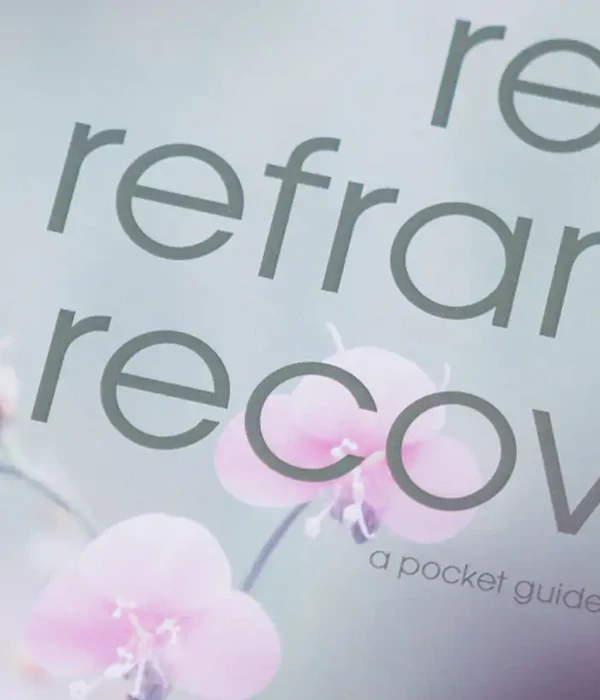
Take the First Step Towards Recovery
Steps Together offers personalised support and proven treatments, providing the care, guidance and encouragement you need to move forward with confidence and build a healthier future.
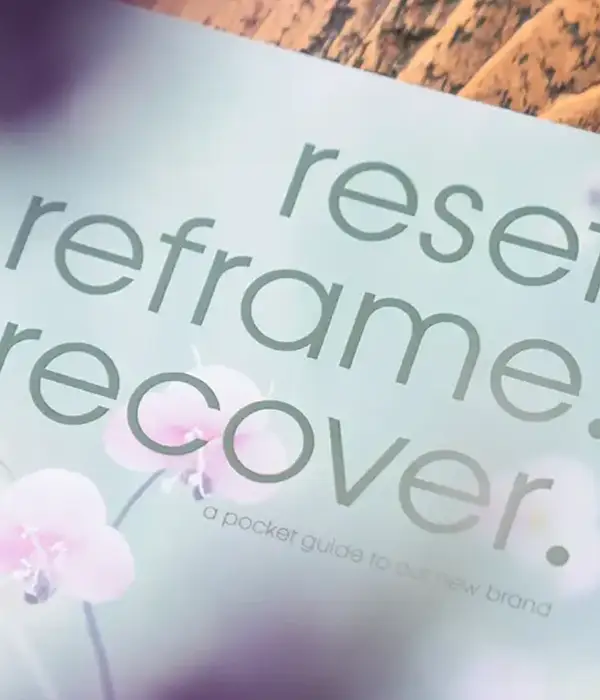
Understanding Prescription Drug Addiction
There are numerous types of prescription medications that are linked to addiction. Opioid painkillers like fentanyl and co-codamol are often prescribed for chronic pain, but are highly addictive, and many people end up dependent. Stimulants, including ADHD medication such as Adderall and Concerta, are misused for their focus-boosting effects.
Benzodiazepines and other anti-anxiety medications are prescribed for anxiety, but can lead to dependence, especially after long-term use. Sleeping pills and other sedatives or hypnotics, which help with sleep disorders, may also be misused. Misuse includes taking more than prescribed, using someone else’s medicine, or using it for non-medical reasons.
Signs and Symptoms of Prescription Drug Addiction
Recognising addiction usually starts with noticing changes in your behaviour and health. You might find that you need a higher dose (tolerance) or experience withdrawal symptoms, like shakes or anxiety, when not using the medication.
Other common signs include taking prescription medication more often or in higher amounts than instructed, going to several doctors to get more prescriptions (doctor shopping), hiding your use from friends or family, spending a lot of time thinking about or trying to get the drug, and neglecting work, school, or family because of drug use.
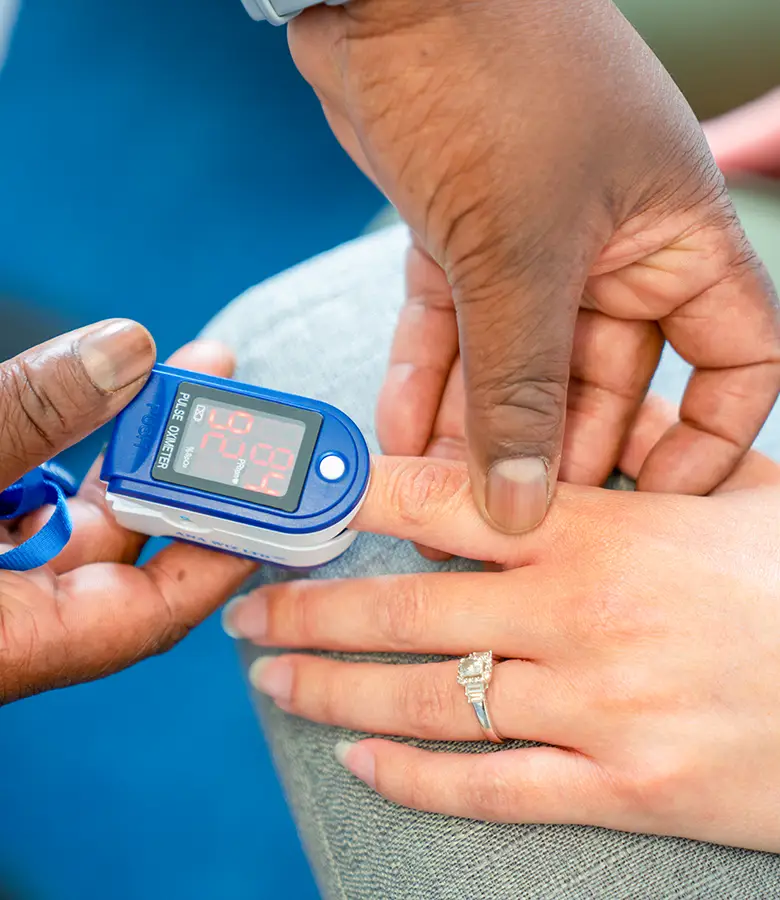
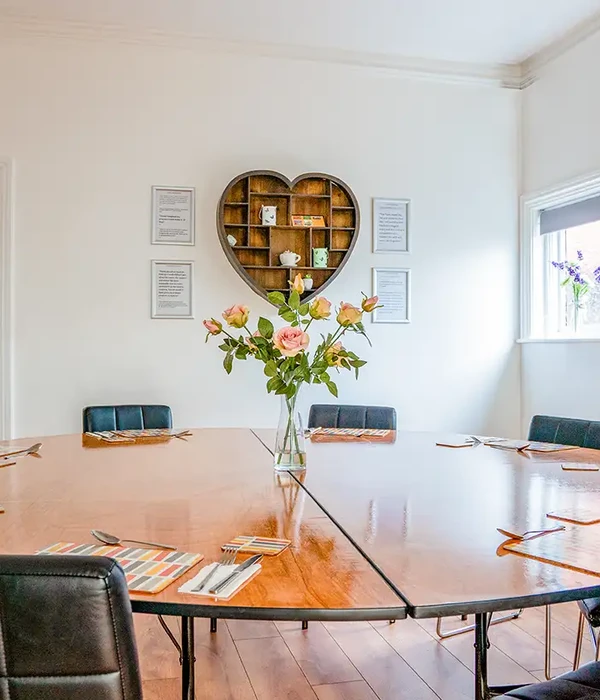
Impact on Mental and Physical Health
Addiction can damage both your mind and body. You may feel anxious, depressed, or unable to sleep without the drug. Some people develop new or worse mental health issues, which makes quitting even harder. In many cases, this combination of addiction and mental health challenges is known as a dual diagnosis, which requires specialised treatment to address both together.
Physically, misuse of prescription drugs like opioid painkillers and sedatives increases the risk of overdose, breathing problems, and organ damage. Long-term use can cause memory issues, sleep disorders, and a weakened immune system.
Prescription Drug Addiction Treatment
Effective prescription drug addiction treatment relies on proven methods like medical detox, medication-assisted treatment, therapy, and structured rehab programmes. Professional help for prescription drug addiction often includes:
Medical Detox and Safety Measures
Prescription drug detox is the first step for many people seeking help for prescription drug abuse. This stage focuses on clearing substances from your body under supervision to reduce risks from withdrawal. Medical staff use safety measures, regular check-ins, and support medicines, especially with opioids and benzodiazepines, to manage symptoms like nausea, anxiety, and seizures.
Detox is often needed for opioid addiction or benzo addiction due to the risk of serious withdrawal. You may be monitored closely for dehydration, high blood pressure, or mood swings. A controlled environment reduces the likelihood of relapse and enables prompt responses in the event of emergencies.
Behavioural Therapies and Psychosocial Support
Behavioural therapies are a key part of prescription drug addiction treatment. Cognitive behavioural therapy (CBT) helps you spot and change unhelpful thoughts or actions linked to drug use. CBT is practical for various addictions, including opioids and stimulants, and can be done one-on-one or in a group.
Other therapies, such as motivational interviewing and contingency management, help boost your motivation and reward positive steps, like attending sessions or staying abstinent. Peer support sessions and counselling help you connect with others struggling with prescription drug use, share coping tips, and gain encouragement.
Medication-Assisted Treatment for Prescription Drugs
Medication-assisted treatment (MAT) combines medicines with therapy for more effective recovery. MAT is widely used in opioid addiction, involving drugs like methadone, buprenorphine, and naltrexone to reduce cravings and block the effects of opioids. For opioid overdose, naloxone may be given to reverse symptoms rapidly.
MAT also supports people who are addicted to prescription drugs such as stimulants and benzodiazepines, helping manage withdrawal and lowering relapse chances. Treatment plans are tailored, sometimes combining several medications to match your specific needs and medical history.
Residential Rehabilitation Programmes
For some, a structured living environment is the best way to get free from prescription drugs. Residential treatment and in patient treatment offer 24/7 care, away from triggers or everyday stress. You follow a set daily schedule of therapy, group sessions, and health checks at an addiction treatment centre.
Stays often range from a few weeks to several months, depending on your progress and substance use. Inpatient treatment is especially useful for people with other health problems or who have tried to quit before without success. Many centres focus on blending medical care, therapy, and life skills training, providing you with the tools to prevent relapse and build a healthy lifestyle.
Some of the Most Common Presciption Drugs our Addiction Rehabilitation Centres Offer
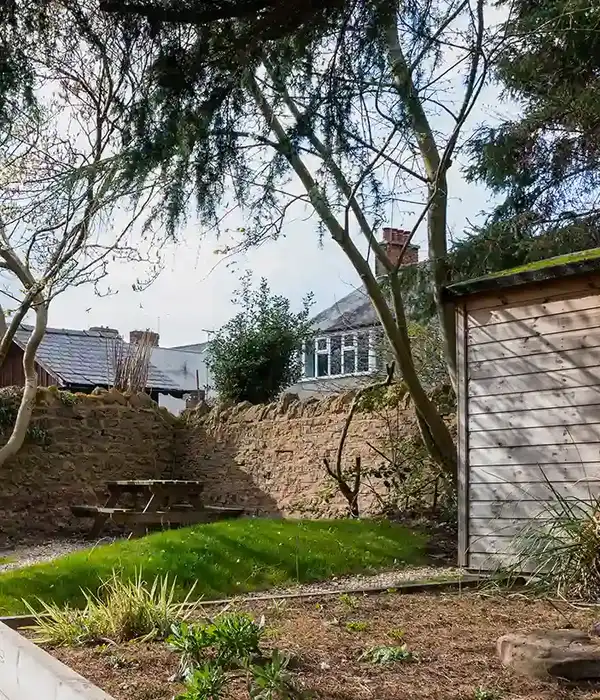
Assessment and Personalised Treatment
The screening process looks for signs of prescription drug addiction. You may be asked direct questions about your drug use, dose, frequency, and how long you have been taking the medication. Honest answers help clinicians understand your situation and risks.
You could also have lab tests, such as blood or urine screens, to check for the presence and amount of drugs in your system. These tests do not diagnose addiction by themselves, but they do support the diagnosis when combined with your history and symptoms. The full evaluation may involve a team that includes doctors and addiction counsellors.
Developing a Personalised Treatment Plan
After evaluation, you work with your team to develop a personalised treatment plan tailored to your needs. This plan is based on your assessment results, your health, and your goals for addiction recovery. Customised plans increase the chances of successful recovery.
Treatment may involve inpatient drug detox, counselling, or long-term support, often managed by a multidisciplinary team such as a doctor, nurse, and addiction counsellor. Your plan will include steps for managing withdrawal, building life skills, and preventing relapse. Everything is tailored, including the frequency of care and the type of support provided.
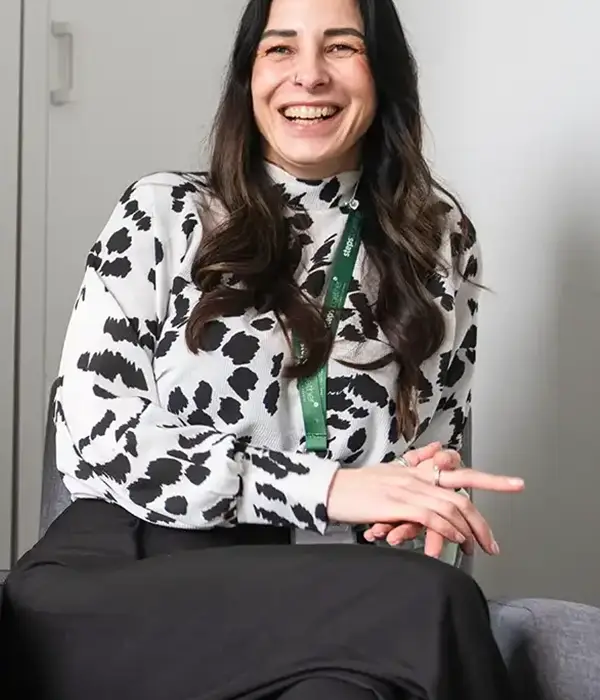
Other Commonly Treated Drugs
Amphetamines treatment provides medical detox, counselling, and behavioural therapies to address dependence, manage withdrawal symptoms, and support long-term recovery.
Ritalin treatment focuses on helping individuals reduce misuse of this prescription stimulant through structured support, therapy, and relapse-prevention planning.
Zaleplon treatment helps individuals manage dependence on this sleep medication by providing safe detox, therapy, and support for long-term recovery.
Zolpidem treatment offers medical guidance and counselling to address misuse of this commonly prescribed sedative and to restore healthy sleep patterns.
Pregabalin treatment provides medical supervision and therapy to address dependence on this prescription medication, helping individuals manage withdrawal and achieve lasting recovery.
Long-Term Recovery and Support
Long-term success relies on ongoing effort and making regular, positive changes in your life. Effective recovery includes practical strategies, continued support, and a focus on your overall well-being.
Relapse Prevention Strategies
Preventing relapse is one of the biggest challenges in addiction recovery. You should learn to identify personal triggers, such as stress, certain people, or places that remind you of drug use. Creating a structured daily routine helps reduce uncertainty that can lead to cravings.
Cognitive behavioural therapy is commonly used in rehab treatment because it can help you understand your thoughts and behaviours. Staying in close contact with your support network is important. Family, friends, or members of support groups can offer encouragement, advice, or just listen when times get tough.
Holistic Approaches to Recovery
Holistic recovery focuses on your whole self, not just the addiction. Holistic approaches in prescription drug rehab may include therapies like mindfulness, yoga, meditation, and nutrition advice. Physical activity is encouraged because it boosts mood and reduces stress.
Practising these techniques helps you develop healthy coping skills. Sleep routines, creative hobbies, and volunteering are also used in holistic programmes to build self-worth and prevent boredom, which can be a trigger for relapse.
Aftercare and Ongoing Support Programmes
Aftercare is a key part of maintaining long-term sobriety. Programmes often include follow-up counselling, peer support groups, or 12-step programmes such as Narcotics Anonymous. Many people benefit from outpatient treatments such as weekly meetings, where they share experiences and learn from others facing similar challenges.
Involvement in support groups has been shown to increase your chances of staying drug-free. Finding ongoing support in your community or online means you are not alone in your journey.

Our Prescription Drug Rehab Treatment Can Help You
Prescription drugs can be highly effective when used properly, but they also carry the risk of dependence and addiction. If you misuse these drugs, it’s important to seek help. With proper prescription drug addiction treatment, you can recover.
At Steps Together, we offer comprehensive care tailored to your unique needs. Our team supports individuals through every stage of recovery, helping them regain control and build a healthier future. Contact us today to take the first step toward lasting freedom from addiction.
Frequently Asked Questions
What are the commonly prescribed medications that can lead to addiction?
Medications like opioids for pain, benzodiazepines for anxiety, and stimulants often used for ADHD are known to be addictive. Some sleeping tablets and certain anti-anxiety drugs can also cause dependence if taken for long periods. These medicines may be prescribed legally, but become risky when misused.
What are the first steps in treating prescription drug addiction?
The first step is recognising the problem and seeking help from a healthcare professional. They may suggest a gradual reduction in dose or a supervised detox. Medical advice is crucial, as stopping certain medications suddenly can be hazardous. Professional support can guide you through the safest route.
Which therapies are most effective for prescription drug addiction?
Cognitive behavioural therapy is useful because it helps you manage triggers and change negative habits. Group therapy and individual counselling are also widely used. Sometimes, medicines may be given to help with withdrawal symptoms.
How does one recognise signs of prescription medication dependence?
Dependence often shows as needing more medication for the same effect or not being able to stop even if you want to. You might notice withdrawal symptoms when you miss a dose, or you may try to get more medication than prescribed. Losing interest in hobbies or daily activities is another common warning sign.
Can prescription drug addiction be treated on an outpatient basis?
Treatment can often be managed at home, especially for less severe cases. Outpatient care allows you to stay at home and attend therapy sessions or check-ins at a clinic. For more severe dependence or complicated withdrawal, inpatient care may be needed. Professionals can assess which setting is safest for you.
What support networks are available for individuals recovering from prescription drug addiction?
Support networks include local addiction services, online resources, and peer-support groups like Narcotics Anonymous. Some organisations offer telephone helplines, drop-in clinics, and ongoing group meetings. Continuing support helps you stay on track and avoid relapse.





